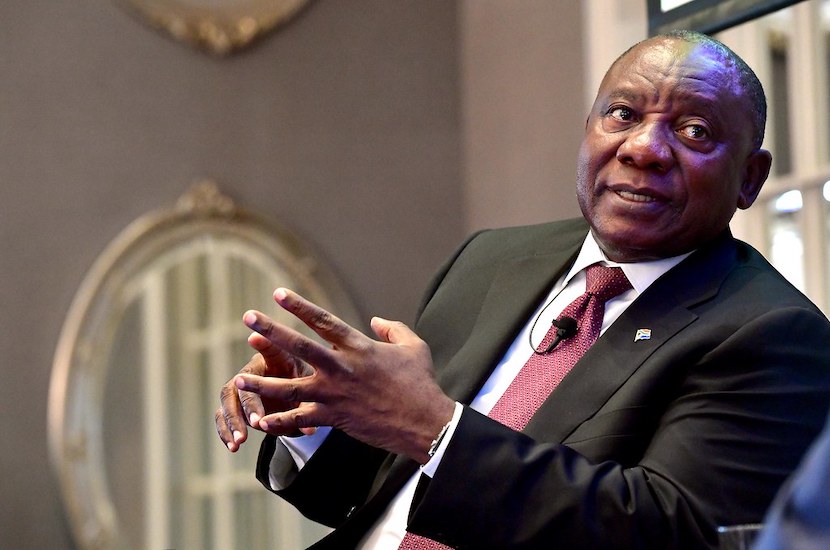Shoot-to-kill civilians is barbaric. Internationally, it could lead to war crimes against the commanders.
In 1995, then director of Artillery and Air Defense of the National Resistance Army (NRA), Lt Col Steven Kashaka assured the world that the Army had no shoot–to–kill policy.
The country then was engulfed in skirmishes with various rebel outfits in northern Uganda, in Buseruka, Hoima District, and Federo group headed by Maj Herbert Kikomeko Itongwa based in Mpigi District.
In an interview, then Lt Col now a general in UPDF, was reacting to the public outpouring (complaints) that the NRA was engaging in extra-juridical killings in its conduct of the operations and taking only a few prisoners of war.
Lt Col Kashaka who was commanding the Hoima operation, said the rebels had lost 110 out of 250 members in the previous 10 days and the rest had fled either to Bungangaizi or Zaire (now DR Congo).
He explained that the Hioma rebels had suffered heavy causalities for a number of reasons: One, that the rebels were concealed in a gorge, which hid them well but became a death trap when they tried to escape. The army could not take chances in its premier attack leading to heavy causalities on the rebels.
Even presidential candidate Robert Kyagulanyi, aka Bobi Wine’s campaigns in Luuka District seems not to have elicited the responses that the world saw.
Using surveillance and intelligence, NRA had discovered the weaknesses in the new recruits and unarmed insurgents and changed tactics and commanders were ordered to capture as many rebels as possible.
Local people were also advised not to kill fleeing rebels. The strategy worked well because killings were minimised.
This reminded me of a library reference story I read on my visit to the National Defence College in Kabete, Kenya which goes:
There were training courses for everything in ancient Greece city of Athens. One of Socrates’ young friends sought to be trained to become one of the Athenian Army generals.
Sometime later, when Socrates asked the young trainee about the progress of the course, the young friend of his told Socrates that at the Army Academy, he was only taught logistics, man- management and marching.
“Were you taught strategy,” Socrates inquired, to which the young officer replied “No.”
Socrates angrily told his friend “go back and train in strategy and planning or ask for your money refund. This is because planning, strategy and tactics are the cornerstones of the execution of a general’s work.
It is, therefore, expected that the police and other security agencies have gone through anti-riot officer training to capture civilians alive and arraign them in courts of law, including in the military court-martial, if there was a component of terrorism as the Commander-in-Chief (President Museveni) said in his speech.




